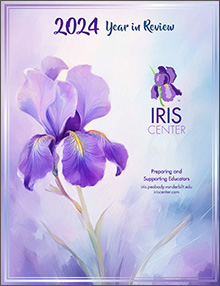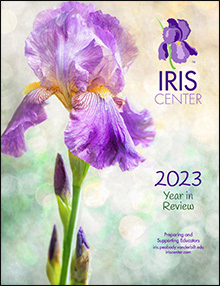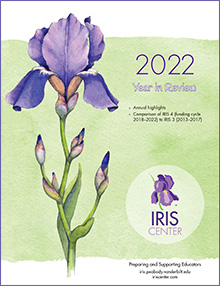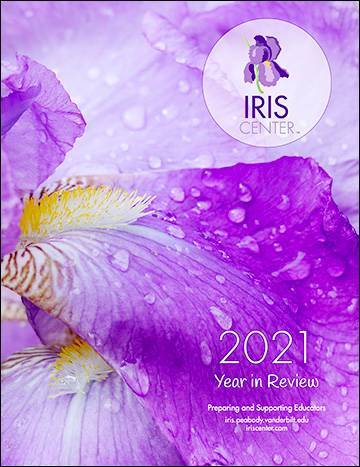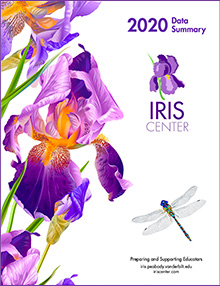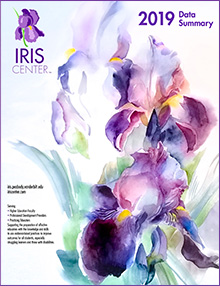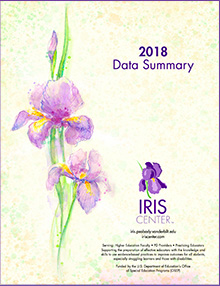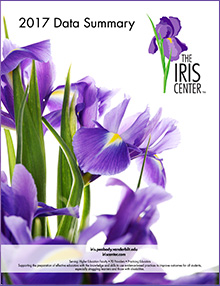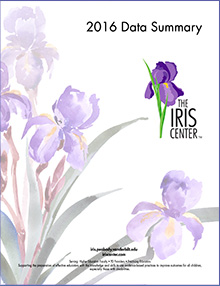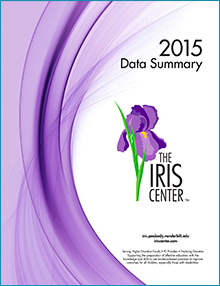Internal IRIS Reports
In 2024, there were approximately 3 million visits to the IRIS website from across the United States and from 226 of the roughly 230 countries and territories worldwide. IRIS resources were used in over 1,500 colleges and universities and in more than 1,000 school districts nationwide. Further information about the use of IRIS resources can be found below, as can archived versions of our periodic newsletter, and more.
IRIS Year in Review
These annual data summaries provide highlights of IRIS resource usage, dissemination efforts, and technical assistance.
Evaluation Reports
During its first funding cycle (2001-2006), IRIS sought to gauge the effectiveness of our resources and materials by conducting, facilitating, and supporting small studies. The purpose of these studies was to determine whether the use of IRIS Modules improved the learning outcomes of college students enrolled in coursework leading to initial licensure or of practicing educators participating in PD activities.
- Learning Outcomes of Factual Knowledge: A Comparison of module and No Module Conditions (PDF)
During the 2004–2005 academic year, a study of the learning outcomes associated with the use of an IRIS Module was conducted at a large urban campus with a diverse student body.
- Gains in Factual and Applied Knowledge: College Students Using IRIS Modules Assigned as Homework or in Class (PDF)
During the 2005–2006 academic year, the impact of IRIS Modules on student learning was conducted to examine how factors related to instructor application of the principles of the How People Learn theory (HPL) affect student learning.
- Online Learning and Teacher Education: Knowledge Acquisition, Application Skills, and Reported Confidence (PDF)
A pair of studies found that the performance of college students improved significantly after their use of free, online instructional modules produced by the IRIS Center.
